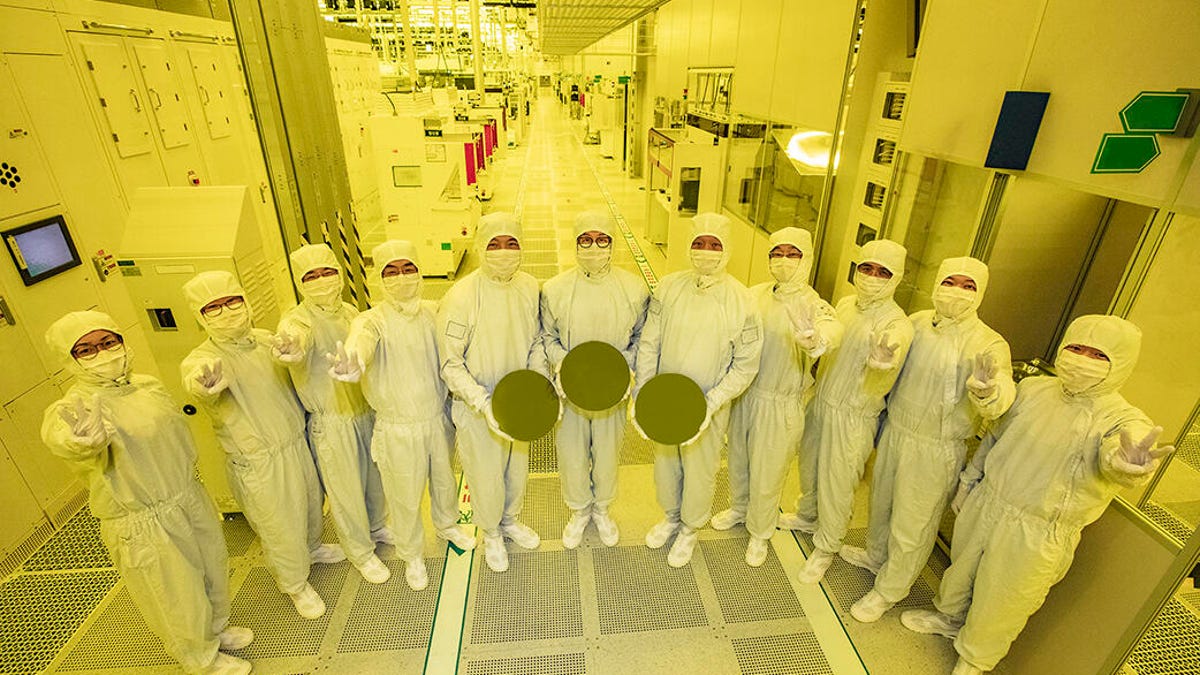Samsung said on Thursday it had begun mass production of chips using its 3-nanometer (nm) process node, its most advanced technology yet for contract chip production.
The South Korean tech giant said its 3nm process, compared to its 5nm process, reduced power consumption by 45% and improved performance by 23% with 16% less surface area.
Samsung’s 3nm process node uses its gate-all-around (GAA) transistor architecture, called Multi-Bridge-Channel FET (MBCFET) by the company, which incorporates wider channels in the gates so that electricity flows while reducing the voltage level compared to the previous FinFET transistor architecture.
The channels are completely surrounded by the gates, as the name GAA suggests, and using all four sides of the channels allows more drive current to flow through the gates compared to FinFET, which only uses three sides.
The South Korean tech giant also touted that its 3nm process node offered a flexible design that allowed it to adjust the channel width to best suit customer needs. A second-generation 3nm process node was also in the works with improved power consumption, performance and surface area, Samsung said.
Chips currently being fabricated through its first 3nm process node were intended for high-performance, low-power computing application, Samsung said, as it plans to expand the node’s application to mobile processors. The South Korean tech giant did not mention which customer it is currently mass-producing the 3nm chips for.
Samsung is the world’s largest memory chipmaker and the second-largest contract chipmaker, or foundry. It competes with the world’s largest foundry, Taiwan Semiconductor Manufacturing Company (TSMC), which is preparing to start mass production using its own 3nm process node, to market larger process nodes first. advances.
The key to the pair’s latest 3nm competition will be winning more orders from another big customer such as Qualcomm for mobile processors for next year’s flagship smartphones.
Last month, Samsung said it plans to spend $355 billion over the next five years on what it calls strategic businesses, including semiconductors. Last year, the company announced it would spend $17 billion to build a new chip factory in Taylor, Texas.






More Stories
Delay in mass production of new Intel products is a boon for AMD, share of AMD x86 server processors expected to exceed 22% in 2023, according to TrendForce
Quantum industry milestone brings mass production of quantum chips closer
NEO Battery Materials provides updates on installation of additional equipment for mass production optimization and final stages of commercial plant design for construction